The industry is focused on reskilling and upskilling. Ashish Bhatia highlights the efforts of Skillveri, an enabler.
The careers and employment opportunities in the automotive sector are evolving. The transition to sustainable choices and green mobility solutions coupled with growing electronic content per vehicle means that the technology is forcing a change. The industry needs to adapt quickly! There is a need to upskill and reskill the workforce. Skillveri is a key stakeholder. An enabler, banking on the Metaverse to help the industry adapt and meet the requirement for a skilled workforce in a changing landscape. Averred Sabarinath Nair, CEO, Skillveri, “India has a huge youth population, but major projects like the Delhi Metro and Airport were built with labourers from China and Peru. It gave us the realisation that the country was using out sourced labour for critical infrastructure projects.” “Despite there being a lot of demand for skilled labour in our industries, our youth is unable to benefit from those opportunities since there is a significant gap in both the required skill levels and awareness. Skillveri was started to bridge this ‘Skill Gap’ by using technology to deliver precise, industry-relevant skill training while making it learner-focused and cost-effective at the same time,” he mentioned.
Skillveri has overcome teething challenges to reach its current state of maturity. Incubated at IIT-Madras, it is a perfect example of how hand holding can go a long way for potential startups. Nair spoke highly of the ecosystem at IIT Madras and hailed the valuable hand holding startups are known to receive through their early stages. “The incubation process carefully vets startups to ensure that they are truly innovative and focused on solving real problems or needs, especially in an Indian context,” he explained. Sharing the Skillveri experience, he lauded the deep tech ecosystem in the country and said it was uniquely positioned as the best. In the company’s case, it got access to experienced mentors for guidance throughout, including challenging times. This included technical guidance from the professors and faculty at IIT Madras known to have helped the company refine the product or solution. The incubator also offers support and guidance on operational areas like finance, compliance, investor and industry connect.
Priority focus
At Skillveri the priority focus areas are well chalked out. Nair admitted that the automotive industry and its manufacturing process have become increasingly modernised. Yet, he said, the biggest challenge remains that of the workforce training on conventional or outdated methods. “For the industry to achieve optimal process efficiency, and avoid things like rejections and reworks adding to their costs, they should ensure their workforce is equipped with the right skill levels required.” The automobile industry and its global footprint mean that the manufacturing and quality processes are being held to exacting standards. Nair urged the stakeholders to imperatives. He opined, that the industry must set similar standards for training and skilling deemed critical to the efficiency of manufacturing.
Metaverse XR and analytics
At Skillveri, using Metaverse XR and analytic, Skillveri is addressing key issues in conventional training. This extends to the lack of objective feedback, and evaluation being based on just visual inspection. “Using technology like XR enables precise assessment across several key parameters, identifying areas for improvement and tracking the progress of a learner,” explained Nair. XR is claimed to make it possible to provide safe training in areas which are risky in real life, eliminating any accidents while learning and thus making learners practice with confidence. Using a unique learner-centric approach, a learner is guided from basics through the most complex skill levels, enabling him or her to achieve learning in one-third the time taken in conventional methods, claimed Nair. Thus industries save significantly on training time and can deploy them on real jobs much faster. Training using XR technology also greatly reduces the cost of consumable by up to 75 per cent, which offers significant savings to industries and allows them to provide unlimited practice on critical areas to the learners, without restrictions on the cost of repetitive training, he pointed.
The company has real-world examples of addressing the voids. Skillveri’s training platform covers 150-plus customers across the globe, which include automotive manufacturers across various segments. From two-wheelers, four-wheelers, passenger and commercial vehicles, and railways. The solution is also used by manufacturers of heavy construction and agricultural machinery, as well as major paint industries. As per Nair, there have been instances where Skillveri was able to observe the direct impact of the training – in one of the shop floors which adopted a simulator-blended mode of training. The training time was reduced to one month from an earlier three-month training period. On another shopfloor at an OEM, after implementing the training solutions, the company was able to bring down rejections and reworking by 75 per cent as per claims.
The cycle of familiarisation with the company’s realising Key Performance Indicators (KPIs) has been captured at Skillveri. In a typical scenario, industries work with Skillveri to identify areas where the skills of their workforce could be improved to have an impact on the top line. They then look at the measurement and corrective training using the XR simulators on these identified aspects. Organisations then utilise this to optimise their operations, by assigning the tasks as per the skill measurement. Typically, the shopfloor level measurement is done before and after.
In the aftermarket
At Skillveri, the main principle is that skill training should not be unorganised! Nair cited skills like welding or commercial spray painting deemed highly critical where improper skills can directly affect the quality of output as well as result in safety incidents etc. “We are on a mission to ensure training is delivered in a safe and structured way with measurable learning outcomes. By ensuring the skill levels are of industry standards and raising awareness on opportunities for skilled workers in the industries, we hope that more learners will move from informal to formal sectors, which will impact their livelihoods and unlock long-term opportunities for their careers,” he said.
Spacetech
With space tech known to overlap with the automotive sector, the company doesn’t rule out its relevance in the sector. “Our focus has been on how we can leverage the potential of technology to derive benefit in as many scenarios as possible, so it is not confined to any particular sector. We see the scope for it to apply anywhere there is a requirement for high dexterity and critical skills, so that would extend to space tech as well,” Nair clarified. As a testimony, the company has found a successful match of applicability in sectors as diverse as shipping and power plants.
Scaleability
Fully aware that skilling or skill training is an area whose impact is very broad in its scope, with multiple stakeholders, there is a strong belief at Skillveri that scaling up an initiative like this can be possible only if it can deliver value to all the stakeholders involved. “At Skillveri, we have made it our mission to ensure that our solution enables benefits at all levels – to learners, to training centres and institutions, and industries,” Nair revealed. Learners get immersive, realistic training with guidance and feedback. Institutions get better RoI, training larger batches in much shorter times. Industries benefit from drastic reductions in the cost of rejections and rework, being able to assign work accurately based on capability, and options to train on customised work pieces replicating their specific shop floor scenarios. “The future of careers and employment in the automotive industry is going to be tech-driven and in a quickly evolving landscape. As an enabler, we are constantly innovating and striving to harness the latest tech to build solutions that deliver the most value for our customers while enabling the most effective learning outcomes for the users,” he concluded. The company is not restricting itself to India and finding relevance with the automotive community operating as a global entity in unison towards common goals. It has found success with its SaaS offerings in international markets too


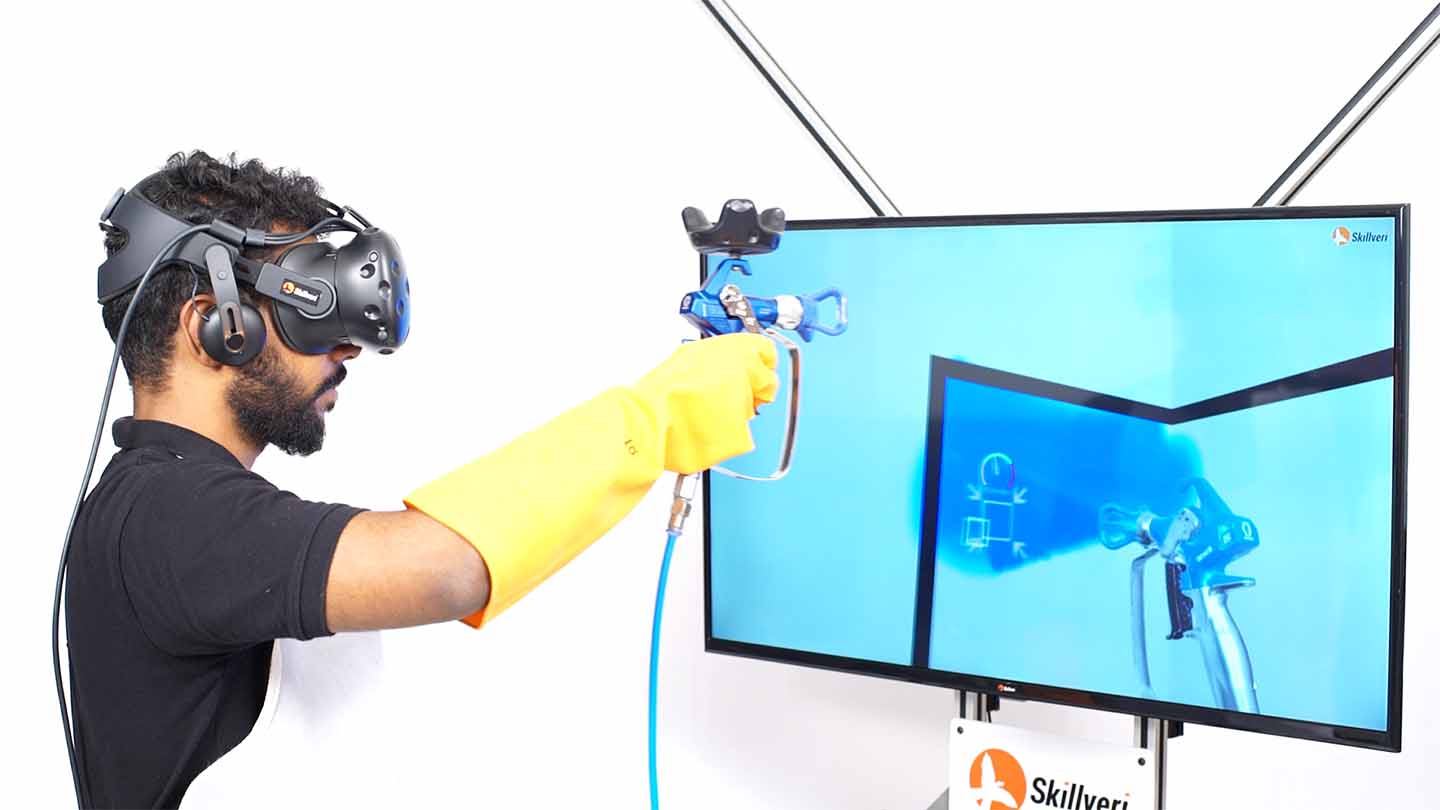
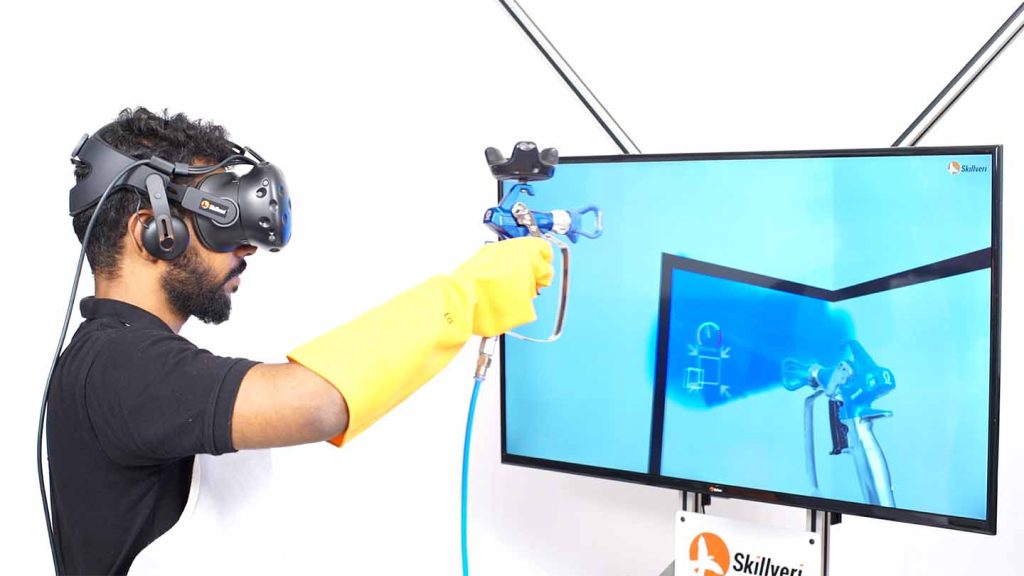



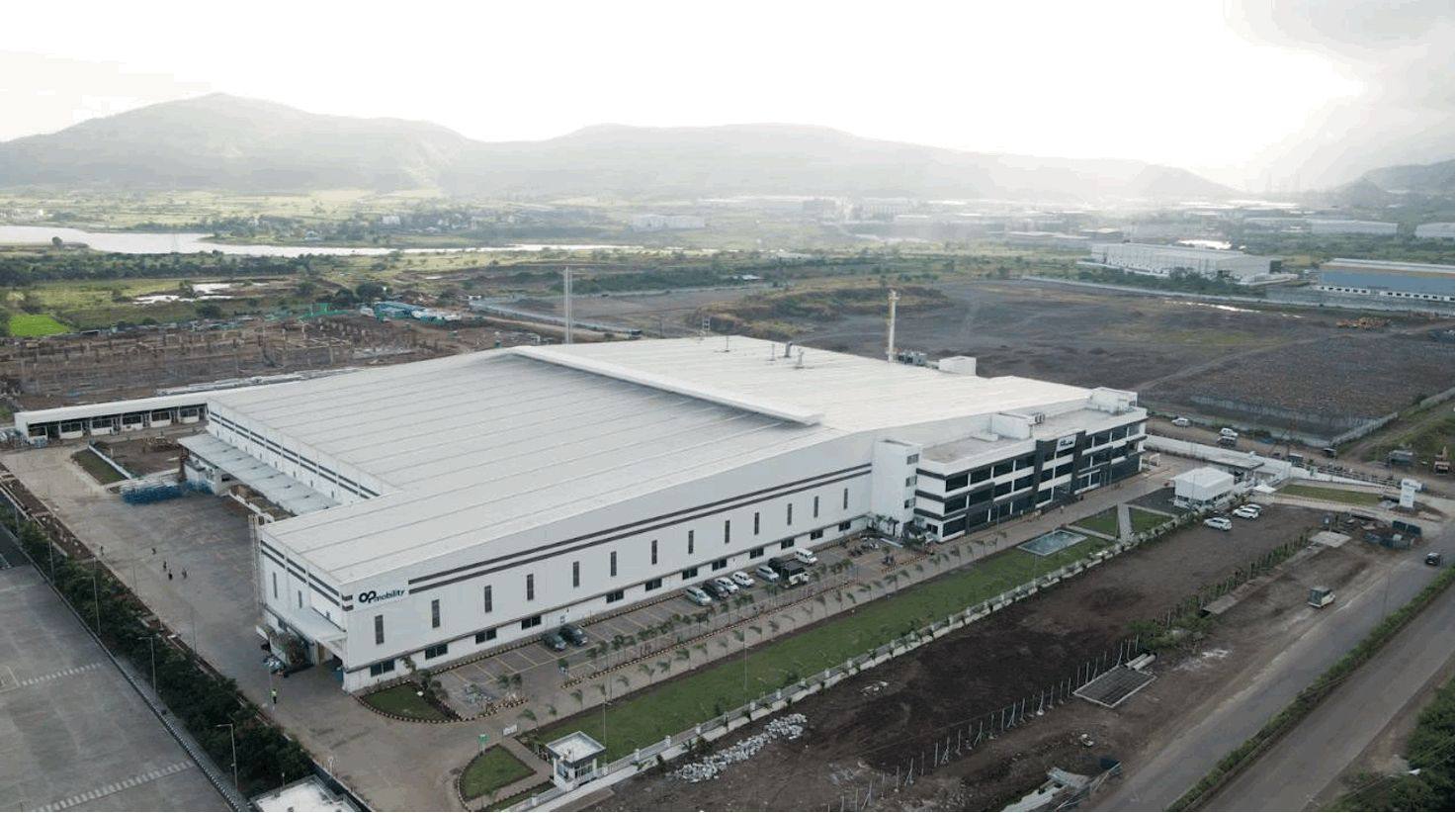
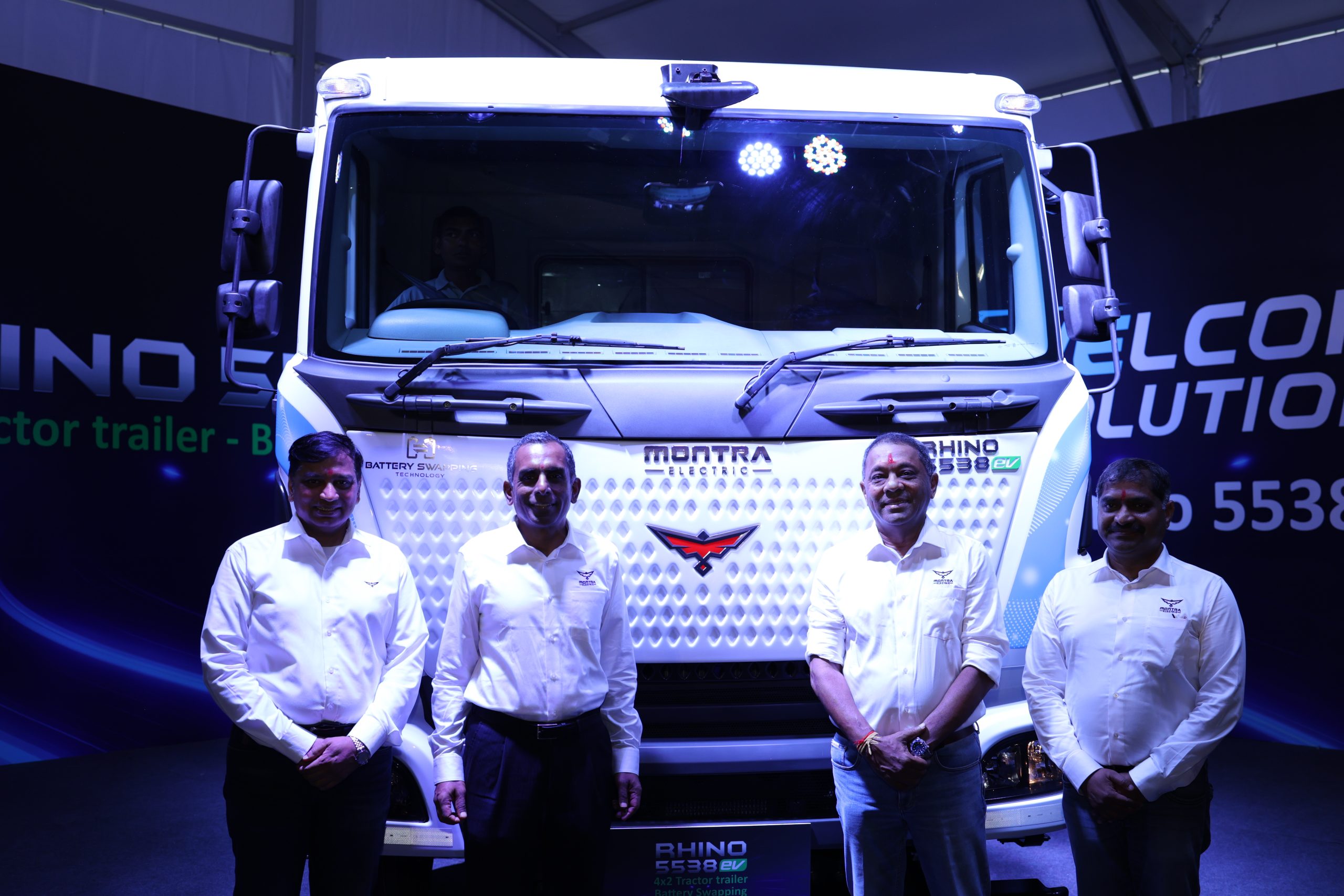
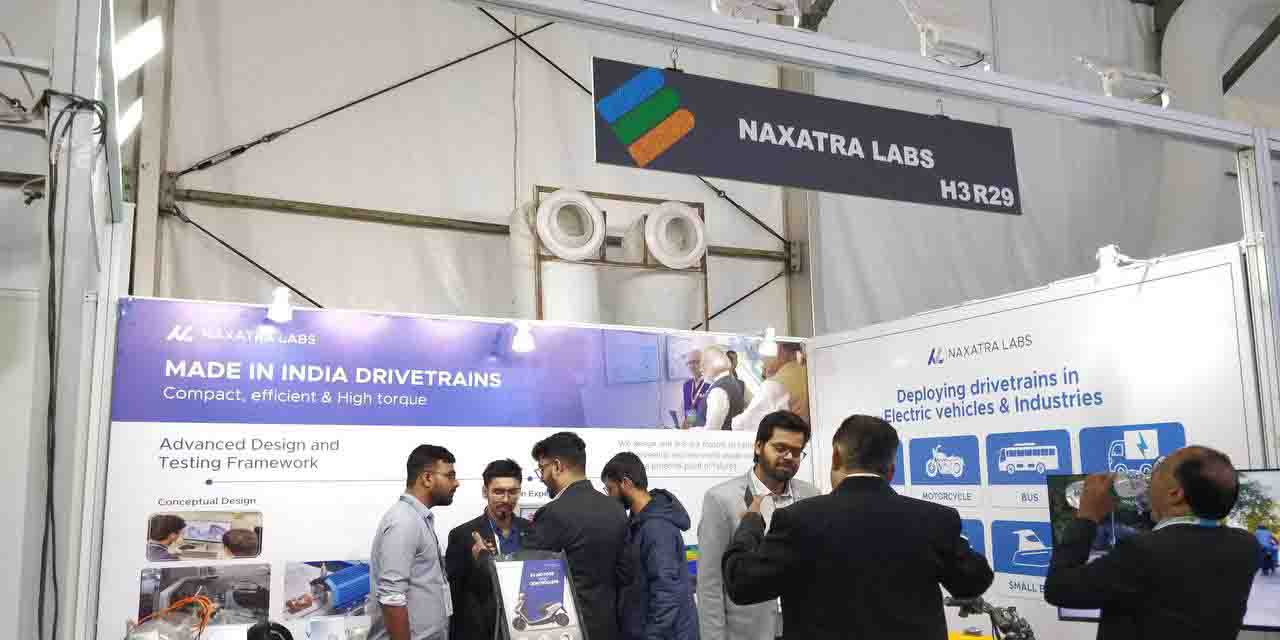
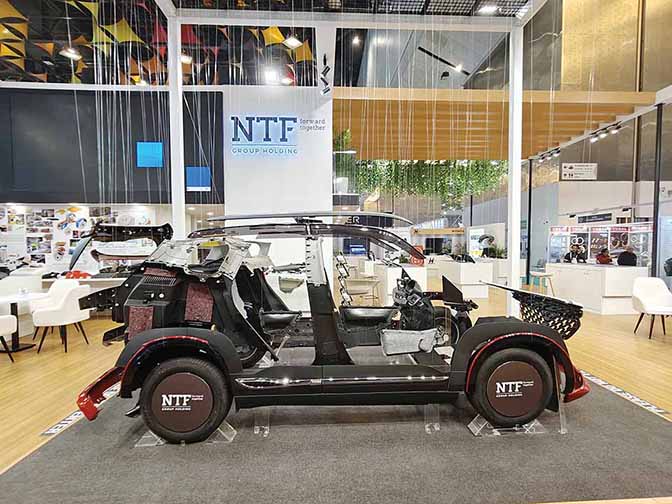
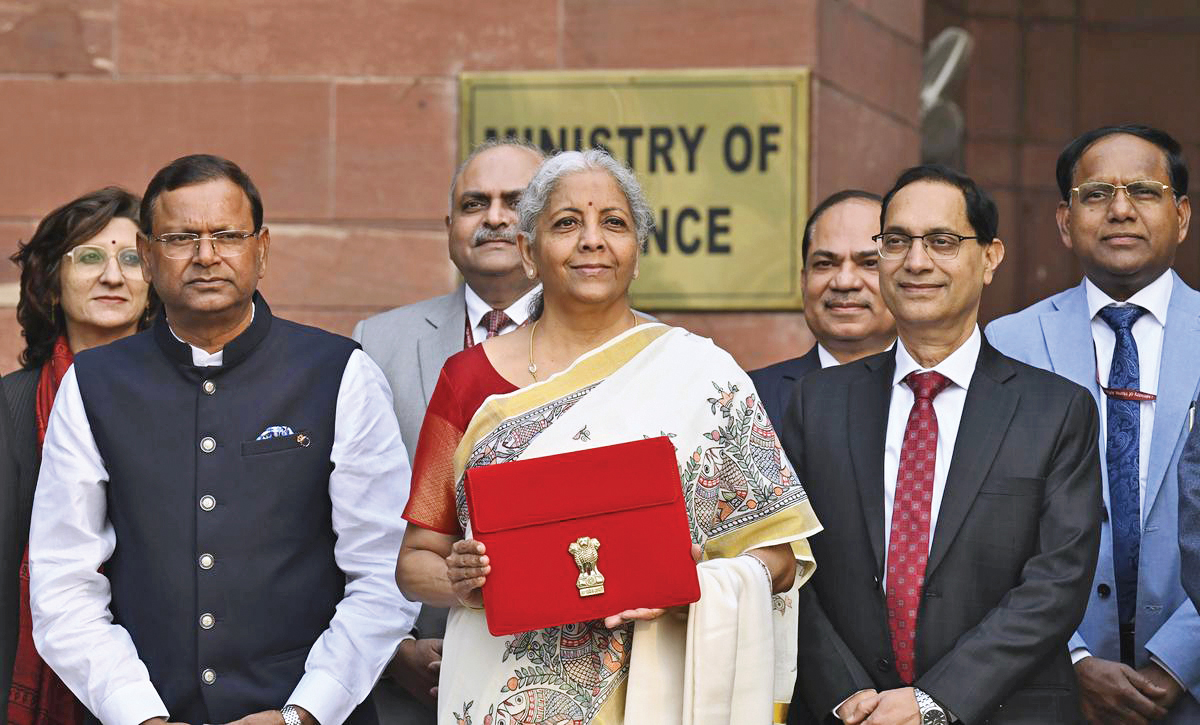




Leave a Reply